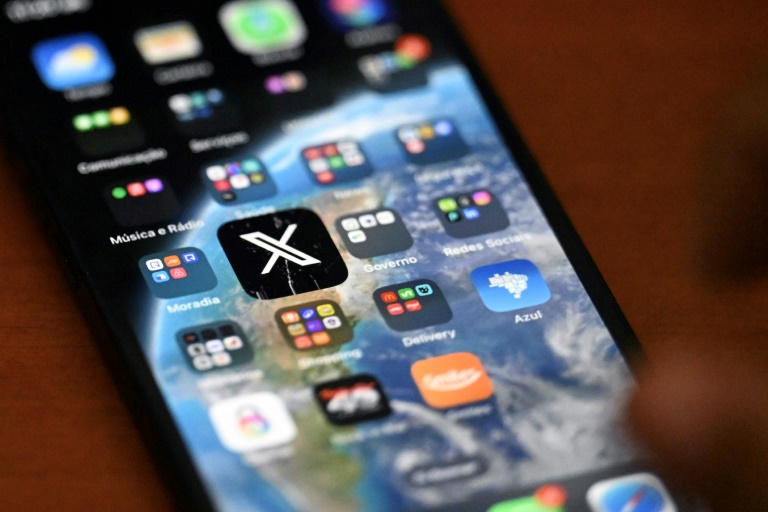While remote-first work has brought forth numerous benefits, the past few years has exposed a key challenge it brings: cross-team knowledge sharing. Without the ease and clarity of face-to-face conversations, and with the added complication of differing time zones, employees must navigate persistent roadblocks to independently find, share, and document information.
Moreover, the pace of technological and economic change continues to accelerate, rendering existing knowledge and best practices obsolete faster than ever. As the half-life of relevant skills shrinks, companies must enable frictionless access to the latest internal learnings and external insights. Otherwise, the knowledge gap widens into an insurmountable chasm of productivity loss and strategic paralysis.
And while productivity loss alone is a big problem, there’s another critical reason why we should be concerned about gaps in knowledge sharing in the workplace: they might be making it more difficult to work with one another.
The frustrations of unaligned teams
When cross-functional teams lack a shared knowledge baseline, colleagues come to the table with vastly different understandings of how things should work and collaboration suffers. Without shared context, parties get frustrated bringing others up to speed. Too often, certain individuals become pigeonholed as the go-to experts to explain the same concepts. And critical information about organizational culture and policies goes unseen across isolated teams, resulting in mismatched expectations of the workplace.
We invest more time in alignment than in action, often creating friction across teams along the way. Yet we accept this reality because the benefits of remote work—spanning from freedom to performance to profitability— far outweigh these occasional frustrations.
But what if there was a better way? A way to reduce headaches while still reaping the benefits of working remotely. What if we could utilize technology to bring the ease and clarity of in-person knowledge directly to employees’ laptops?
Breaking knowledge-sharing barriers
As more companies recognize the value of AI in commerce and other industries, adoption continues to grow. A survey of executives found 77% believe generative AI will have a major societal impact by 2028. And 75% of companies have hired employees to integrate AI into operations, according to Future Commerce Data.
While GenAI certainly can’t replace the physical office environment, it can re-create an important element: the ability to seek answers conversationally. GenAI offers humanlike interactions in a digital environment, solving many roadblocks between remote workers and company knowledge. One internal Bloomreach survey found that over 70% of employees ask other teams daily for information they need for their own work. With GenAI knowledge management tools, employees can ask questions without added burdens on colleagues.
Instead, GenAI becomes the workplace expert, as it’s trained on the company’s internal resources, alleviating reliance on actual colleagues—all while keeping data secure and outside of publicly available GenAI knowledge bases. AI-based queries become knowledge-based (e.g., “Where can I find the sales pitch deck for our new product?”), so questions for colleagues can become action-based (e.g., “I’m looking at the sales pitch deck; how can we make slide four stronger?”).
Bridging language and culture gaps
Another important capability? GenAI uses natural language understanding to overcome language barriers by analyzing the context and intent of questions posed in plain speech. This is especially helpful in a distributed workforce encompassing various nationalities and backgrounds. English proficiency gaps can impede traditional keyword searches across tools like Drive, Slack, and Zoom. In other words, it’s easy for meaning and context to get “lost in translation.”
Over time, GenAI continues learning to bridge cultural and linguistic differences by tuning results based on various signals, enabling employees to find relevant information and experts regardless of native tongue. By linking knowledge seekers to the best responses, GenAI fosters inclusion and connectivity within our diverse global team.
Ultimately, GenAI allows us all to show up to work (or log into Slack) with the same baseline understanding of how the company operates and how we should operate within that structure. And that goes a long way in improving how we work with one another.
Delving deeper into AI’s potential
Of course, GenAI can support far more than just knowledge management. There are many use cases for AI in the workplace, from summarization to idea generation, replying to emails, understanding what’s happening inside a team, knowing who’s responsible for what, and process automation. It can make us more efficient and productive, freeing time for more strategic and creative thinking—and more time for collaborating with colleagues. However, scaling AI requires establishing robust data governance, access controls, and security protocols to build trust and mitigate risks; otherwise, all deployment efforts will ultimately falter.
Implementing AI at a company-wide level, as in the case of a knowledge management tool, can show employees how beneficial this technology is to their day-to-day workflows while drastically minimizing the learning curve for using it, if any. In turn, this increases adoption of it in individual roles, allowing for both the individual and cross-functional benefits of AI to come to life. This doesn’t just have to begin with implementing knowledge management tools, though. Companies can foster a culture of AI among employees by:
- Providing ongoing learning for evolving AI applications (whether via shared resources or broader educational budgets)
- Attaching specific outcomes or KPIs to AI usage
- Creating internal forums for the sharing of AI best practices
- Developing guidelines for ethical AI usage at work
The potential impact of GenAI on our industries and our jobs is limitless. Business leaders who want to reap its benefits should be active participants in scaling it across their organizations, particularly because buy-in and support from the top can greatly propel technological initiatives and advancement.
GenAI can not solve every workplace problem. We’re all responsible for how we show up to the workplace . . . for who we are as colleagues. AI is a powerful tool within our tool kit, seamlessly connecting various tools and offering enterprise search capabilities across almost all of them. It offers us a better way to learn and grow individually. And that means we can show up as better teammates, all without ever stepping foot in an office.


)




